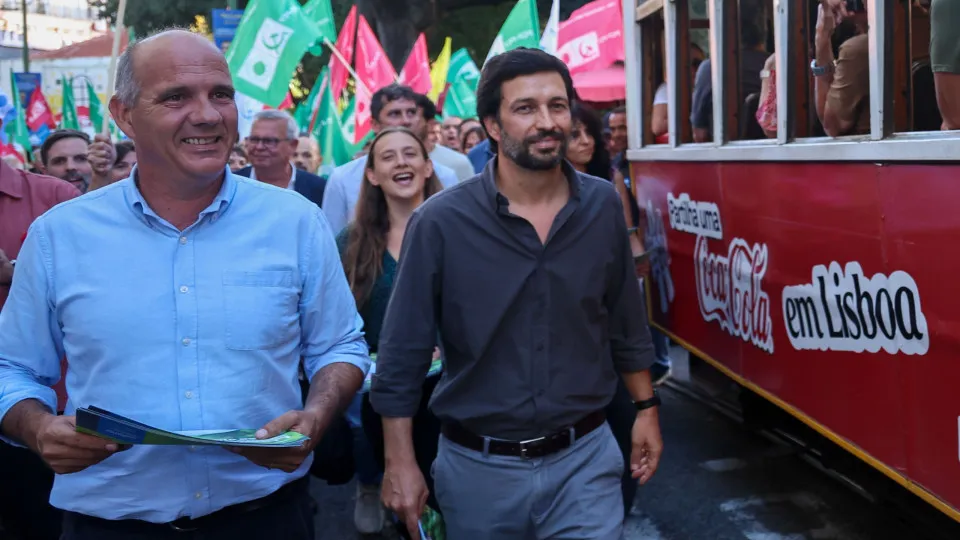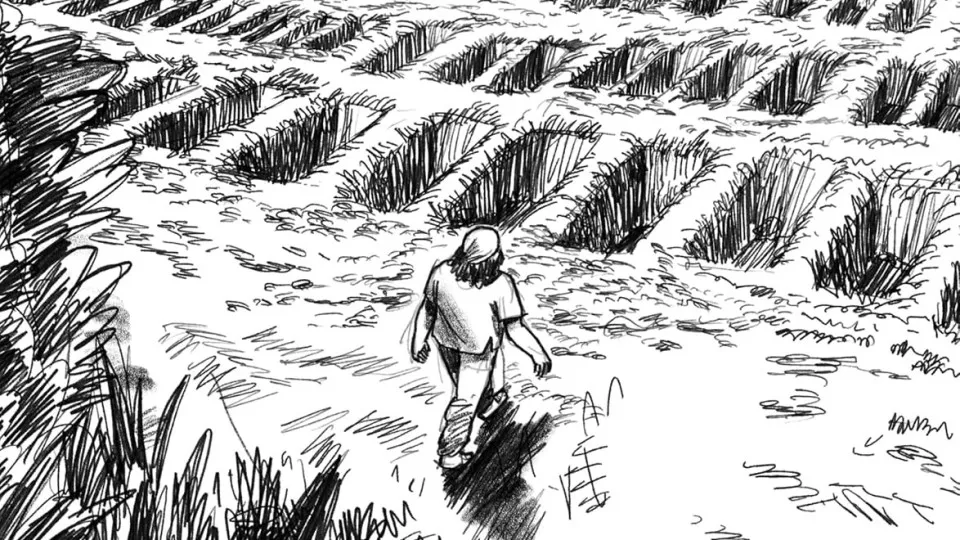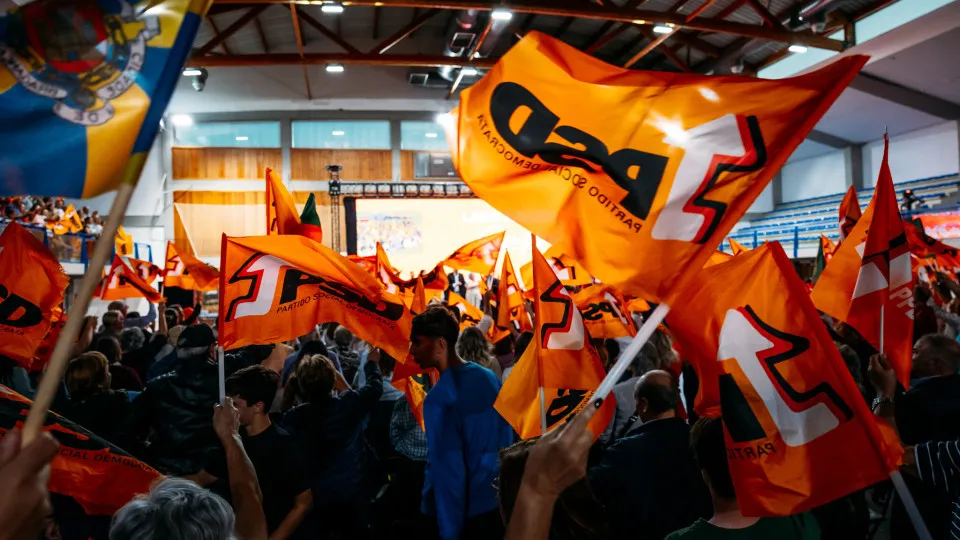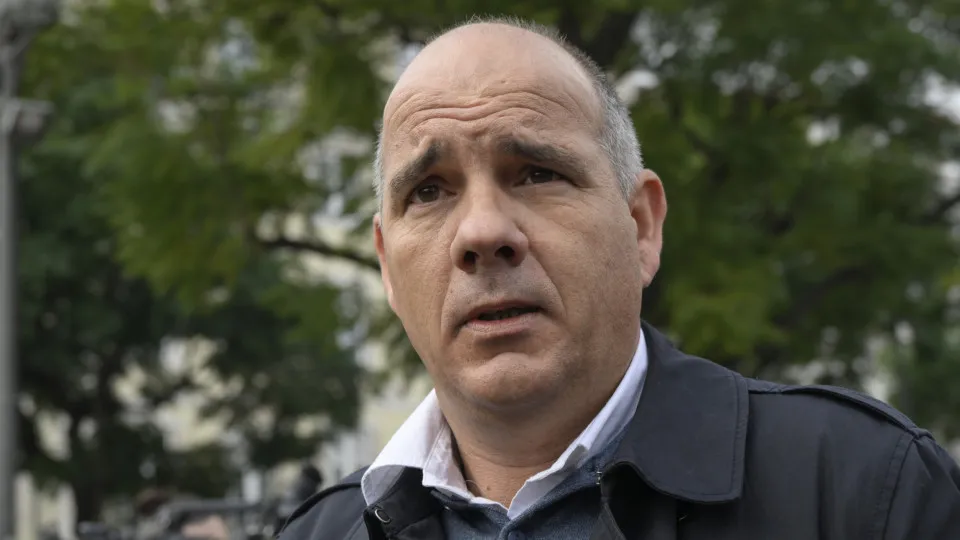
The coalition CDU (PCP/PEV) has proposed several measures to enhance urban mobility and road safety, improve public spaces such as playgrounds, revamp schools, and internalize the preparation of school meals.
João Ferreira remarked that Lisbon has become “increasingly hostile to children” over the years.
“It is no coincidence that children now spend less time outdoors. It’s also not a coincidence that the primary mode of transportation for children between home and school is the car,” he noted.
The candidate emphasized urban planning to create “a public space prepared to offer safety, quality, and multiple experiences for children.”
“This requires special attention to architectural and urbanistic design, permanent measures to improve road safety, and traffic calming. We can’t have pedestrian areas adjacent to hazardous traffic zones,” he asserted.
The CDU also proposes a dedicated Carris service for school transportation, currently a pilot project initiated by the communist councilors.
“We need to extend this service to all children up to 12 years across the city and enhance the so-called ‘school passport,’ which allows children opportunities for study trips, currently limited in options,” he further mentioned.
Regarding schools, the councilor pointed out the degradation within Lisbon’s school infrastructure and advocated for “a rehabilitation plan for the most rundown schools labeled as requiring urgent or priority intervention,” as well as regular maintenance plans and the hiring of additional educational assistants.
The CDU intends to “substantially improve school meals,” a service currently outsourced with numerous complaints.
“Our goal is to internalize this service and significantly enhance the meal quality in city schools,” he declared.
The proposed “Playing Streets” project suggests regularly reserving certain city streets, particularly on weekends, for “guided and free play for children.”
Within schools, the coalition seeks to enhance playground experiences, making them more attractive and challenging while enabling interventions in areas like conflict management.
Equipment in places like playgrounds should be adapted to stimulate various developmental stages in children.
“Today, playgrounds are very stereotypical and standardized, offering little challenge or stimulation. We need experts to improve these facilities, diversifying and making them more attractive and useful for promoting children’s physical, mental, and motor skills,” he argued.
In the cultural arena, the CDU suggests a municipal plan to foster reading from an early age and aims to maintain the “International Literature Festival,” an initiative by the CDU created and implemented in recent years but requiring greater school involvement, he concluded.
On October 12, municipal elections will witness candidates for the presidency of the Lisbon City Council including Alexandra Leitão (PS/Livre/BE/PAN), Carlos Moedas (PSD/CDS-PP/IL), João Ferreira (CDU-PCP/PEV), Bruno Mascarenhas (Chega), Ossanda Líber (Nova Direita), José Almeida (Volt), Adelaide Ferreira (ADN), Tomaz Ponce Dentinho (PPM/PTP), and Luis Mendes (RIR).
The current municipal executive comprises seven members from the “New Times” coalition – PSD/CDS-PP/MPT/PPM/Aliança, seven from “More Lisbon” – PS/Livre, two from the CDU, and one from BE.




